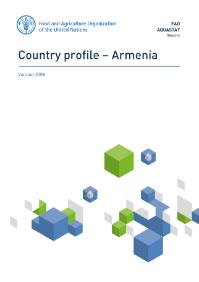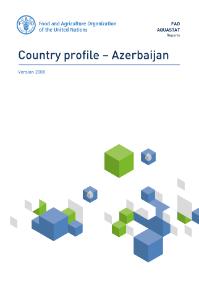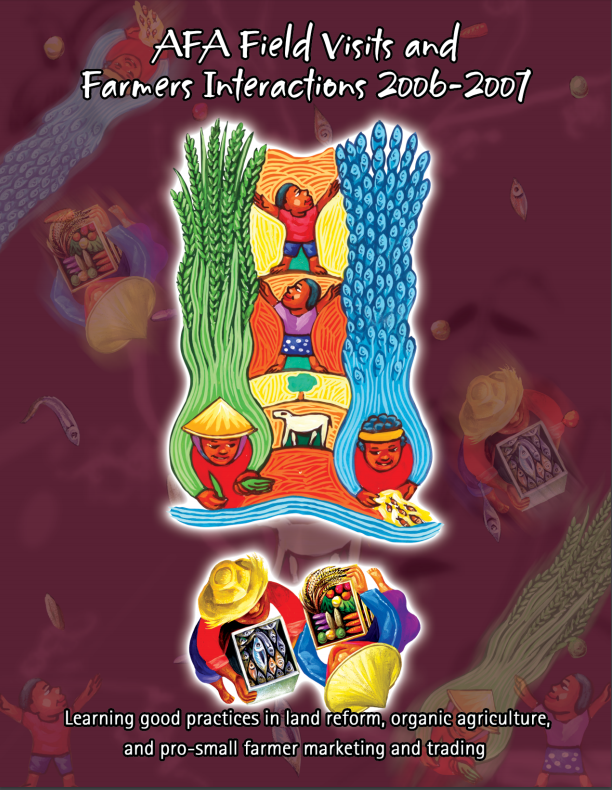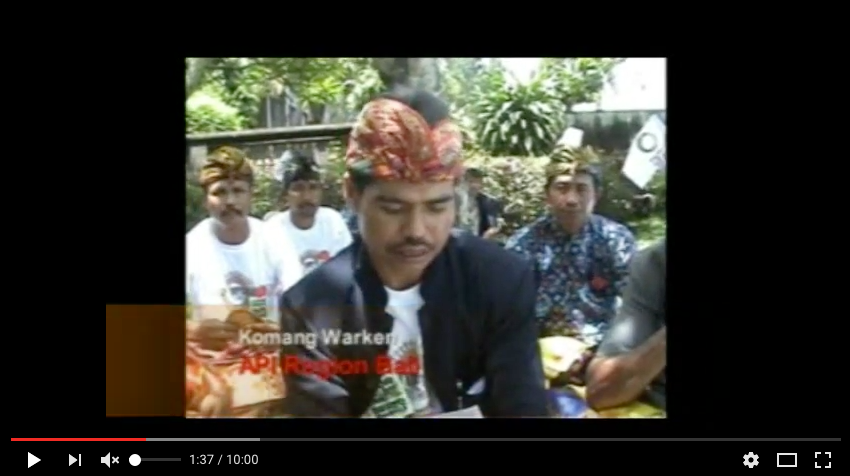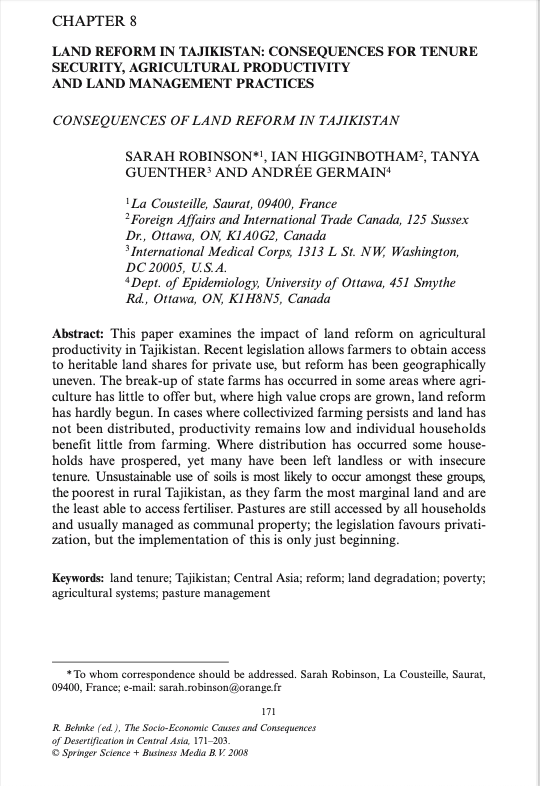Decree on the Implementation of the Land Law No. 88/PM
Article 1 - Objectives:
"This Decree is issued for the purpose of implementing the Land Law relating to the management, protection, use and development of land in an efficient, peaceful, and fair manner as well as ensuring the compliance with the set-targets and the uniformity of practice throughout the country."


